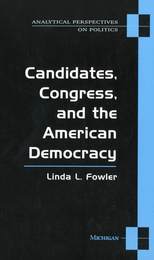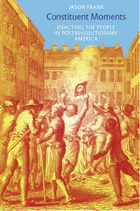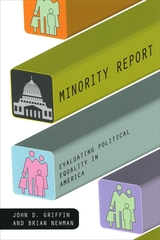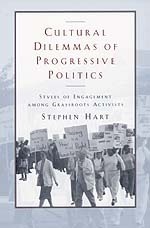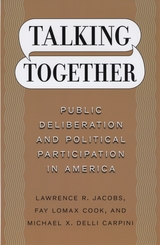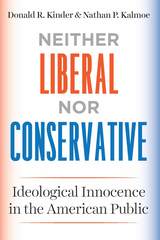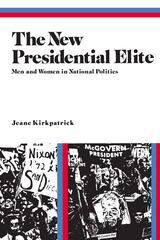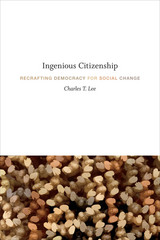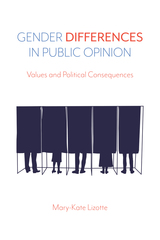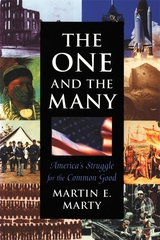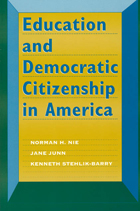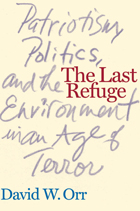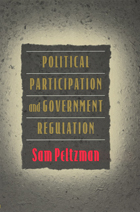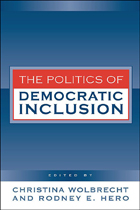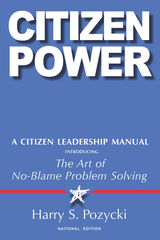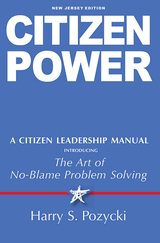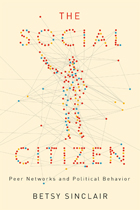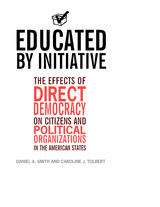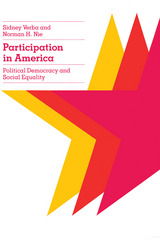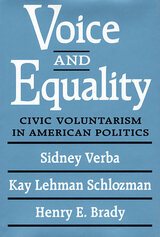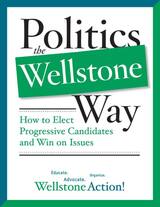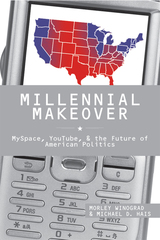Education and Democratic Citizenship in America
University of Chicago Press, 1996
Cloth: 978-0-226-58388-4 | Paper: 978-0-226-58389-1
Library of Congress Classification JK1764.N54 1996
Dewey Decimal Classification 306.2
Cloth: 978-0-226-58388-4 | Paper: 978-0-226-58389-1
Library of Congress Classification JK1764.N54 1996
Dewey Decimal Classification 306.2
ABOUT THIS BOOK | TOC
ABOUT THIS BOOK
Formal education is crucial for creating enlightened and active citizens. The better educated are more engaged, more knowledgeable, and more politically tolerant. Despite a dramatic increase in education attainment over the last quarter century, political engagement has not risen at a commensurate level. How and why education affects citizenship in these ways has until now been a puzzle.
Norman H. Nie, Jane Junn, and Kenneth Stehlik-Barry provide answers by uncovering the causal relationship between education and democratic citizenship. They argue that citizenship encompasses both political engagement in pursuit of interests and commitment to democratic values that temper what citizens can do to win in politics. Education affects the two dimensions in distinct ways. Especially significant is the influence of education on political engagement through occupational prominence and position in social networks. Formal education orders the distribution of social position and connections and creates an uneven political playing field.
Norman H. Nie, Jane Junn, and Kenneth Stehlik-Barry provide answers by uncovering the causal relationship between education and democratic citizenship. They argue that citizenship encompasses both political engagement in pursuit of interests and commitment to democratic values that temper what citizens can do to win in politics. Education affects the two dimensions in distinct ways. Especially significant is the influence of education on political engagement through occupational prominence and position in social networks. Formal education orders the distribution of social position and connections and creates an uneven political playing field.
See other books on: America | Citizenship | Junn, Jane | Nie, Norman H. | Political participation
See other titles from University of Chicago Press

